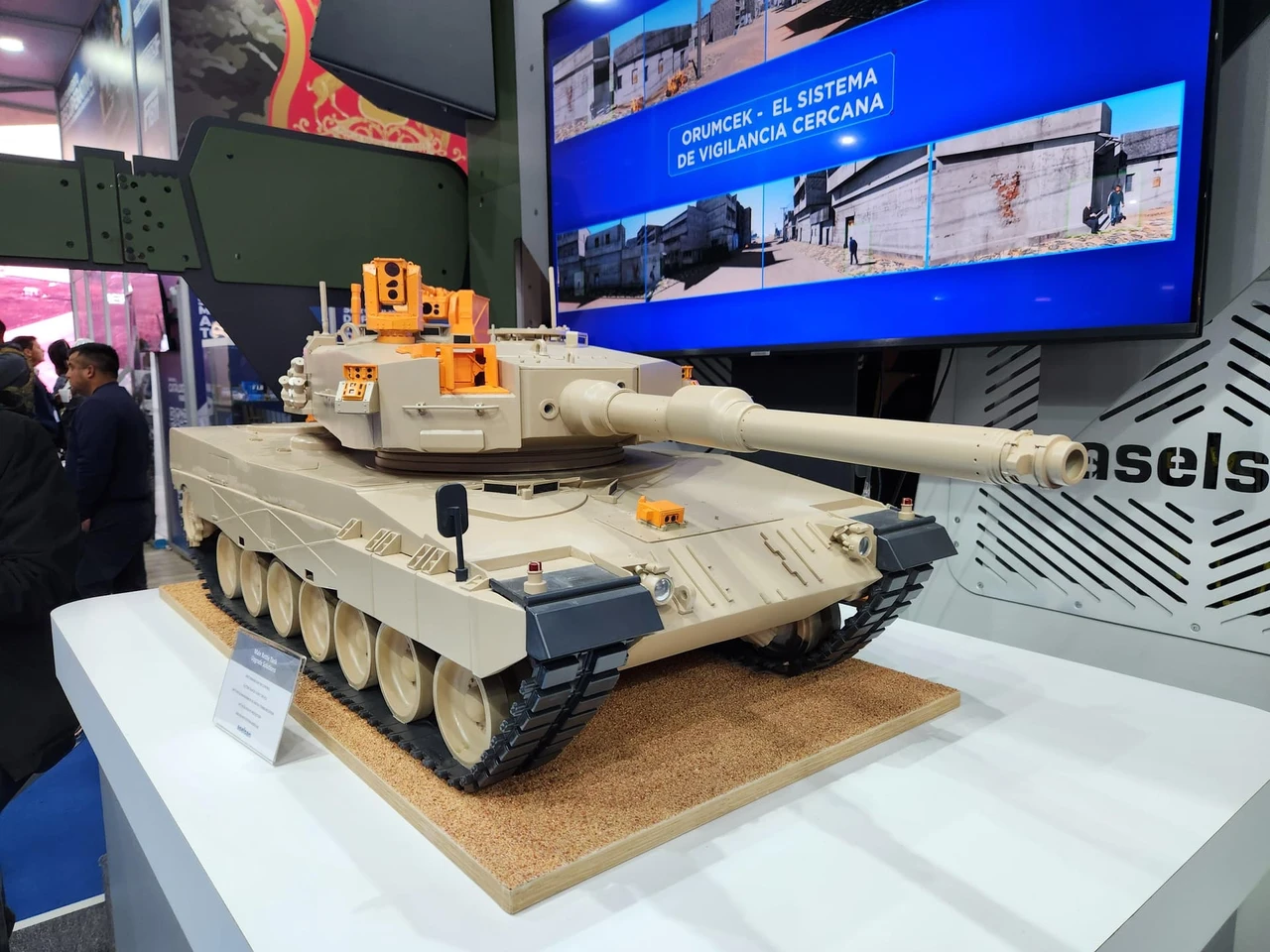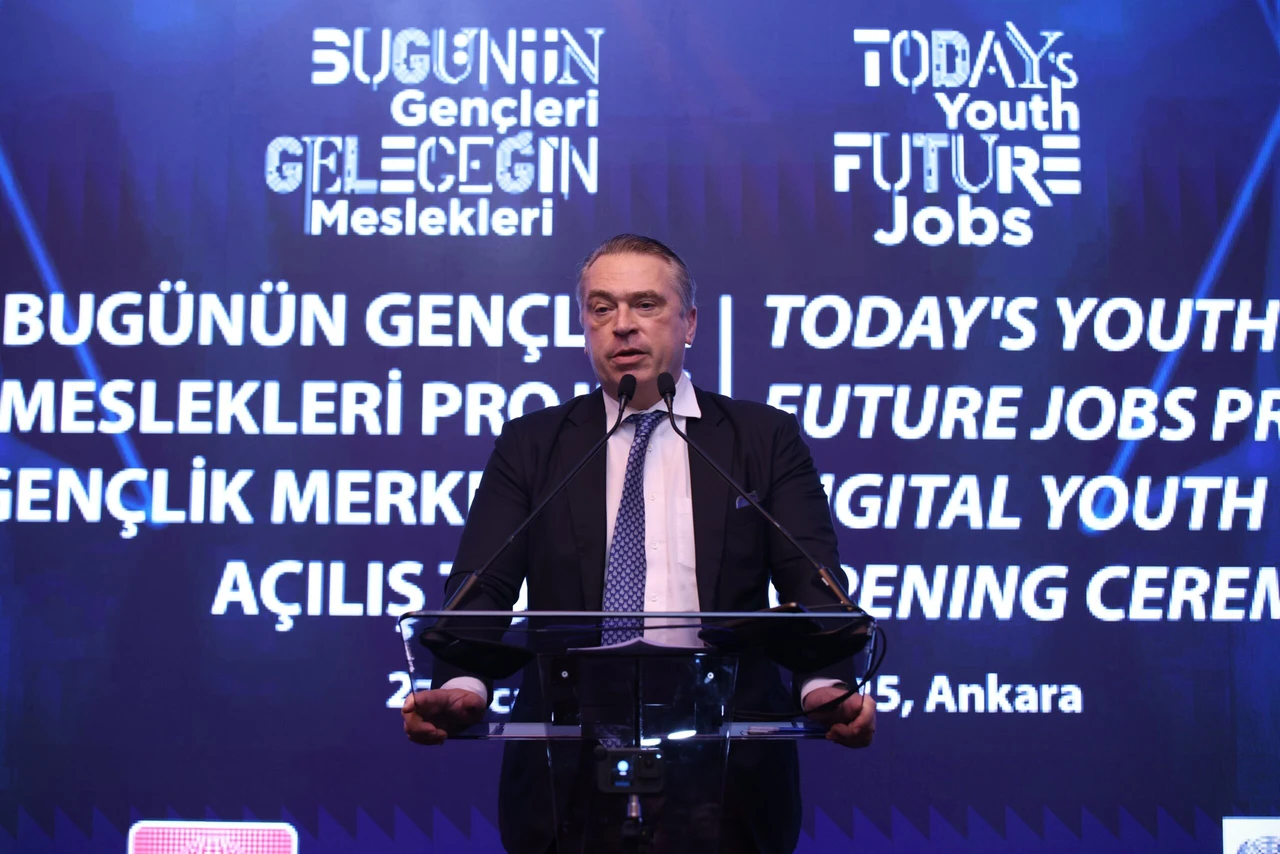Türkiye hopes for Trump’s support to resolve S-400, F-35 dispute
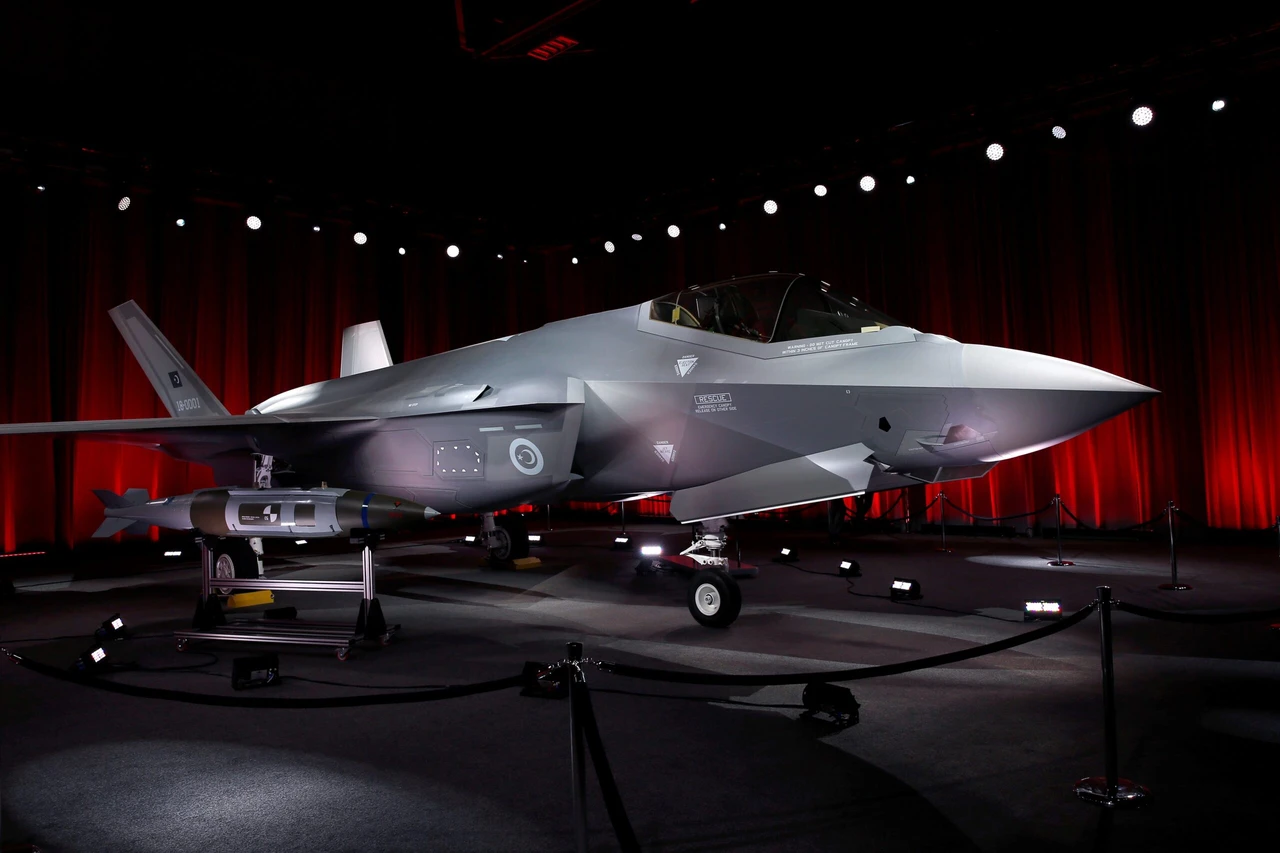 A F-35 fighter jet is seen as Türkiye takes delivery of its first F-35 fighter jet with a ceremony at the Lockheed Martin in Forth Worth, Texas, United States on June 21, 2018. (AA Photo)
A F-35 fighter jet is seen as Türkiye takes delivery of its first F-35 fighter jet with a ceremony at the Lockheed Martin in Forth Worth, Texas, United States on June 21, 2018. (AA Photo)
Türkiye is optimistic that the presidency of Donald Trump will pave the way for resolving its dispute with the United States over sanctions tied to its purchase of Russian S-400 air defense systems and its removal from the F-35 fighter jet program.
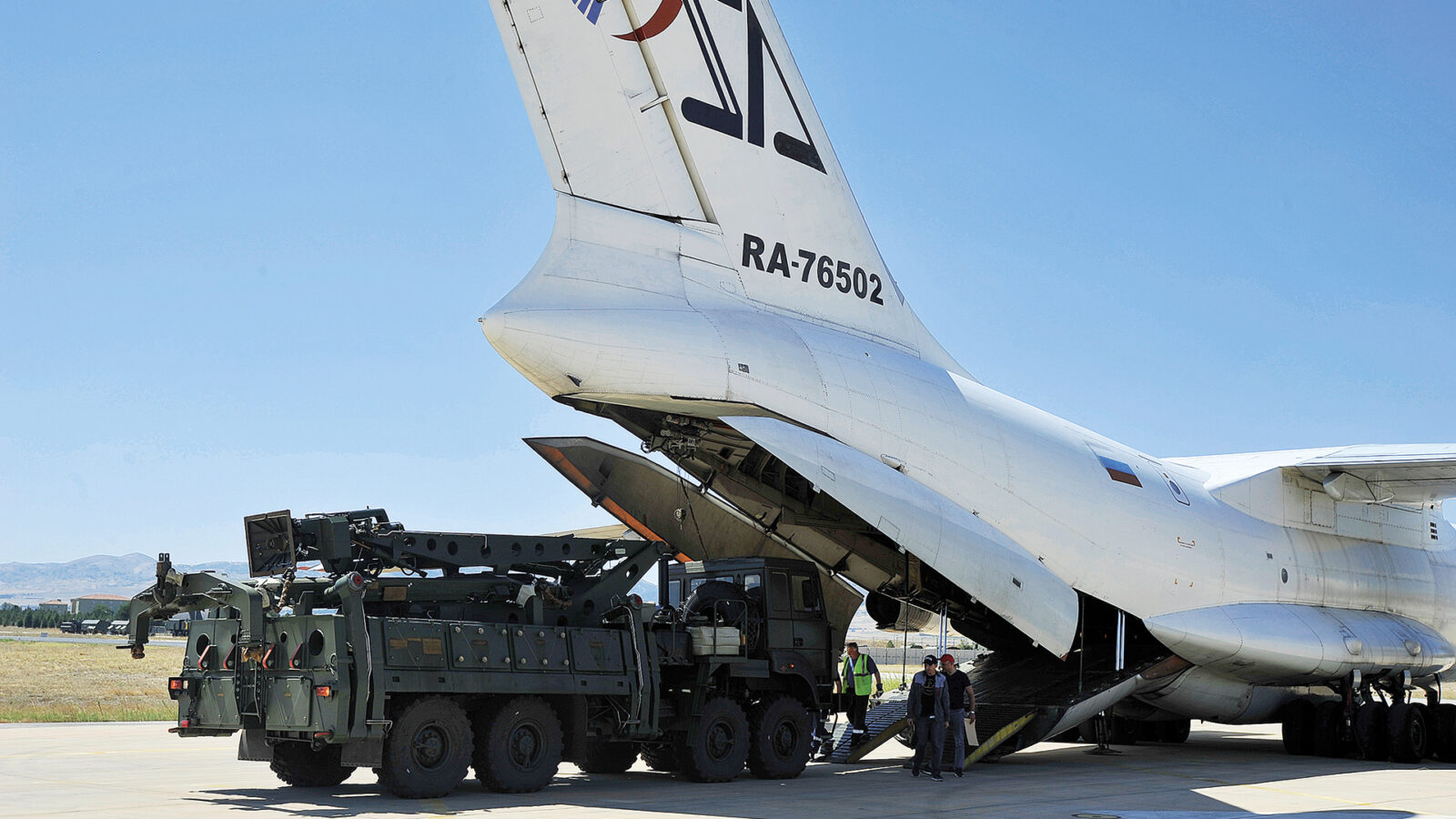
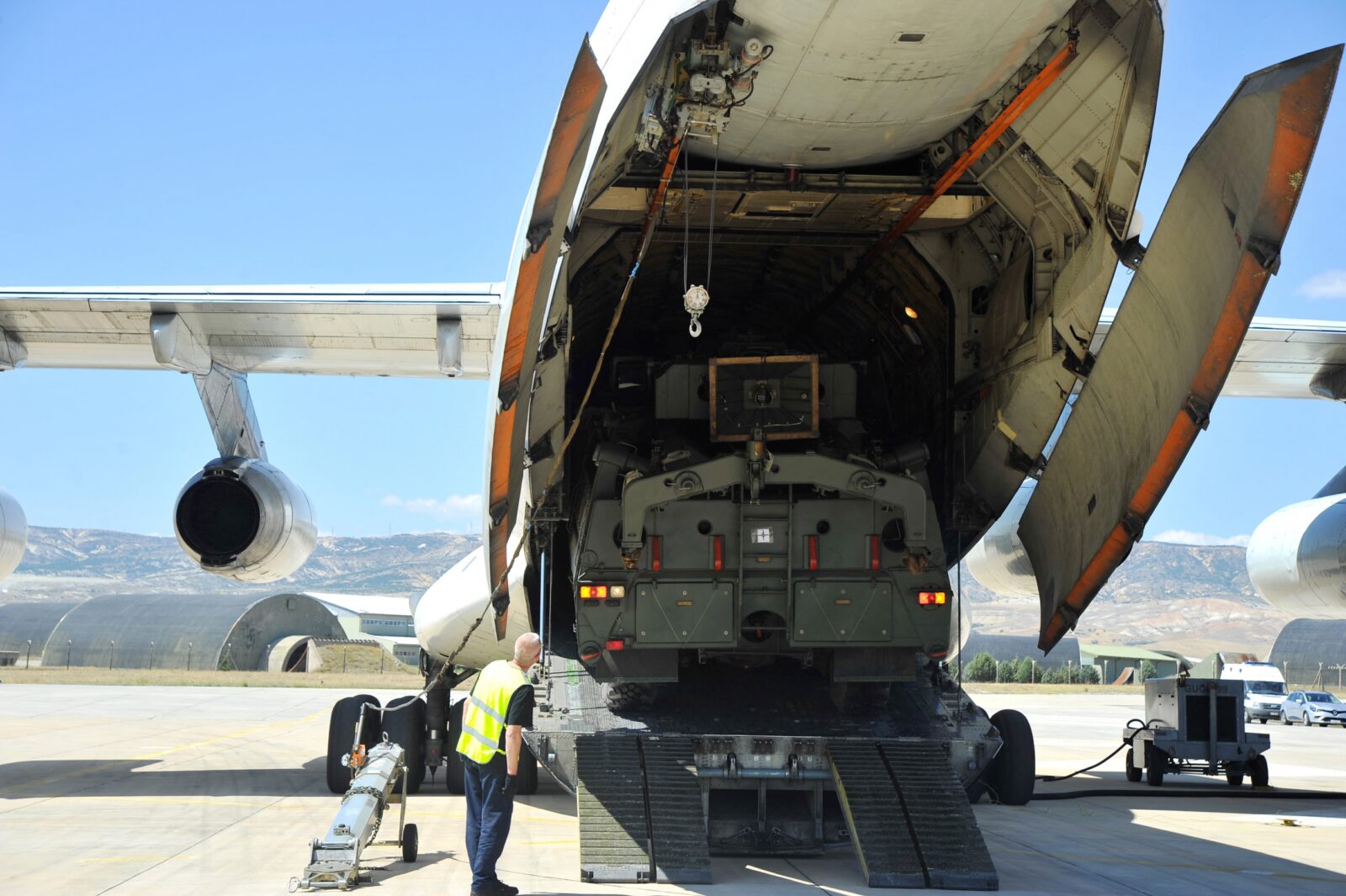
(Handout/Turkish Defence Ministry via AP)
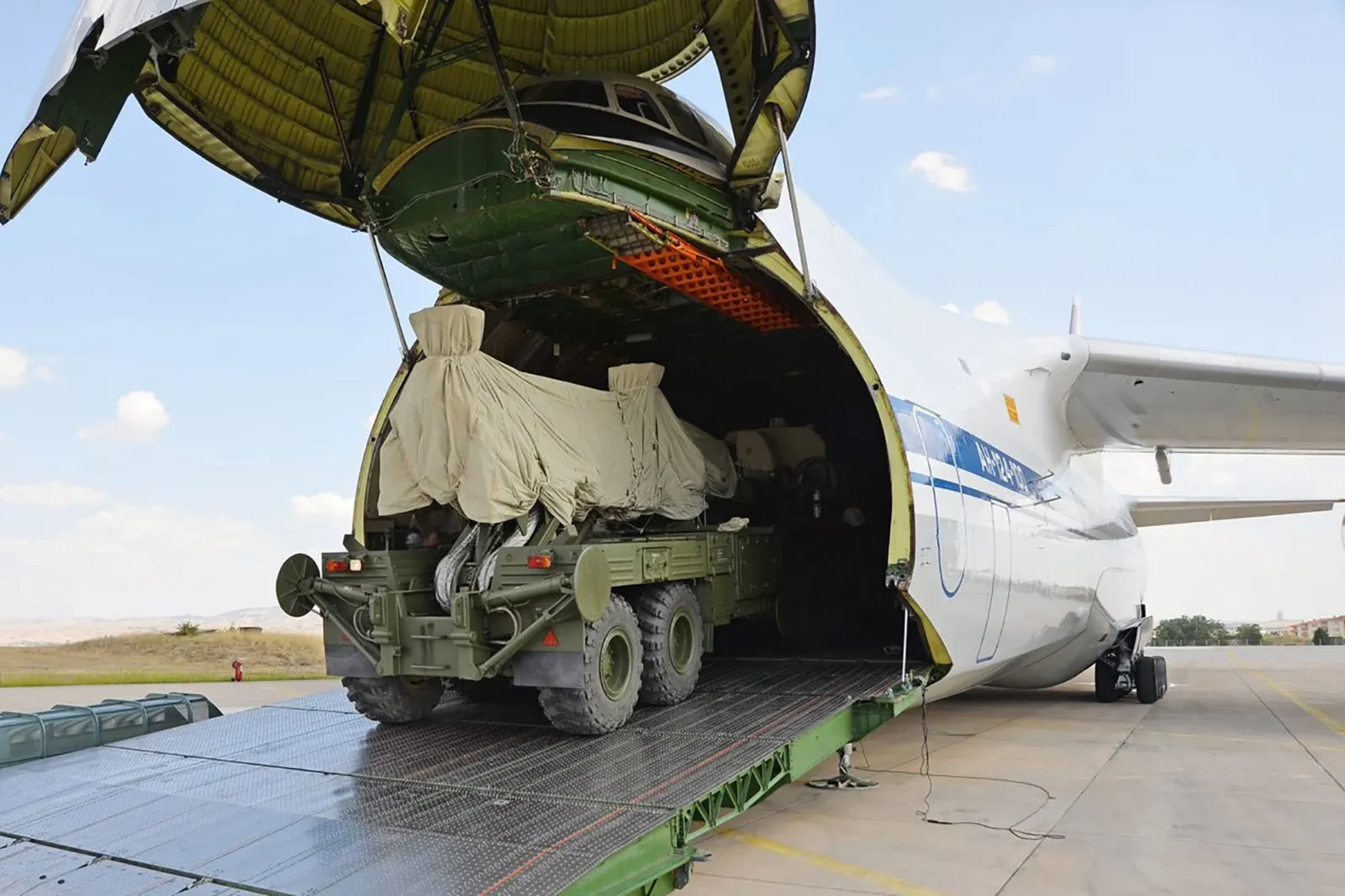
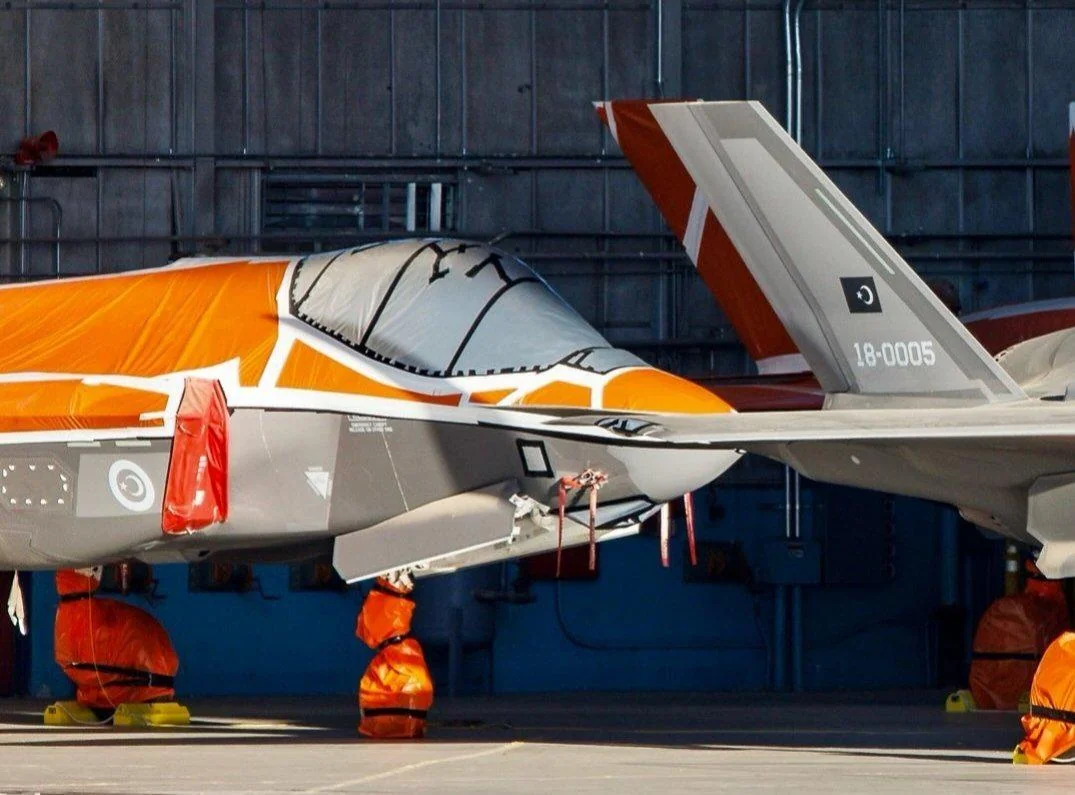
Türkiye seeks to get rid of CAATSA
After years of stalled progress under the Biden administration, Türkiye reportedly engaging with Trump’s team ‘closely’ to explore a resolution to sanctions imposed under the Countering America’s Adversaries Through Sanctions Act (CAATSA).
These sanctions have isolated Türkiye’s defense procurement agency from U.S. financial and technological support.
A waiver from these sanctions would allow Türkiye to rejoin the F-35 program, a key NATO initiative, and enable it to modernize its military capabilities, including the acquisition of fifth-generation F-35 jets built by Lockheed Martin.
Sources familiar with the discussions speaking to the Bloomberg said Türkiye has proposed limiting the operational use of the Russian S-400 systems.
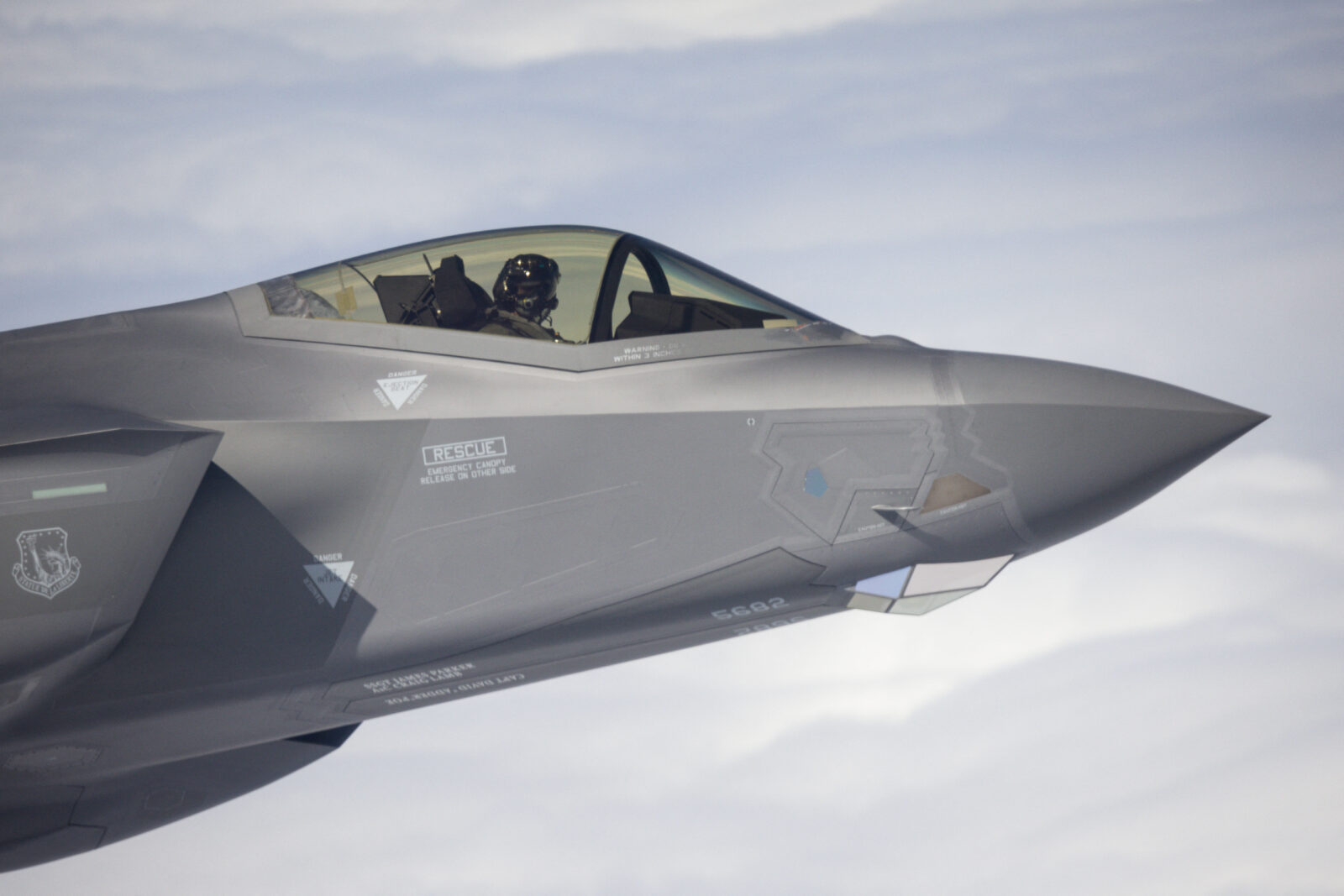
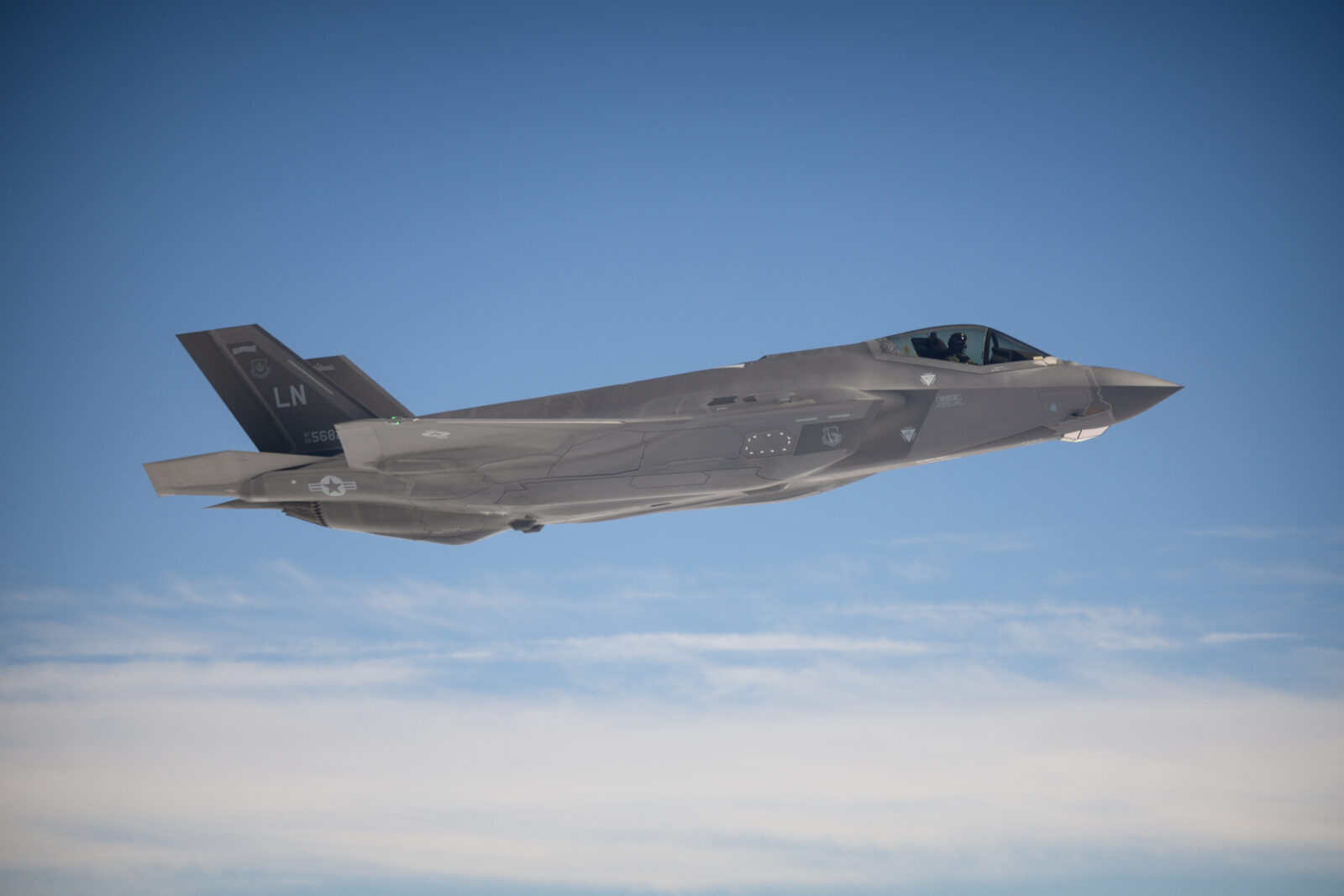
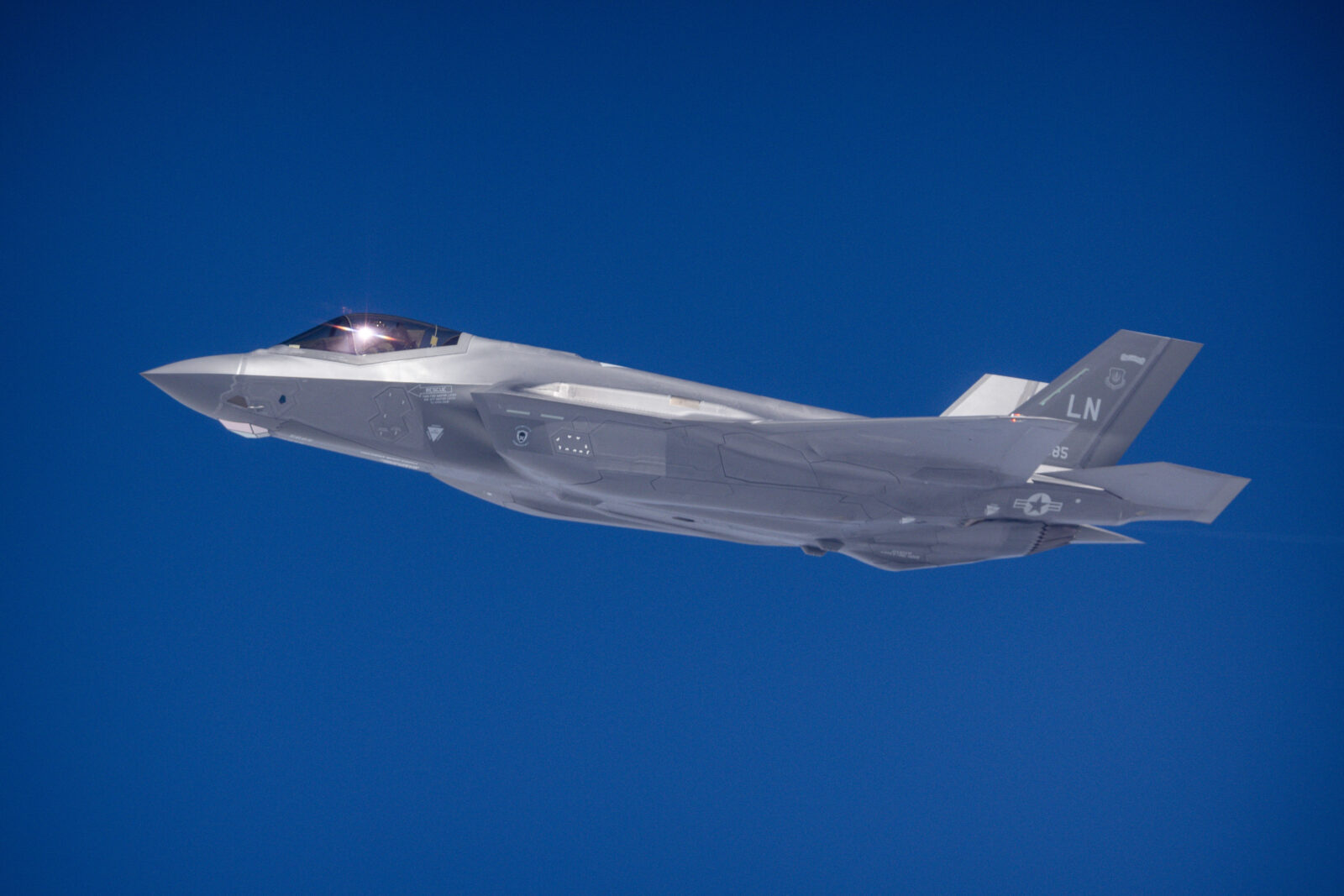
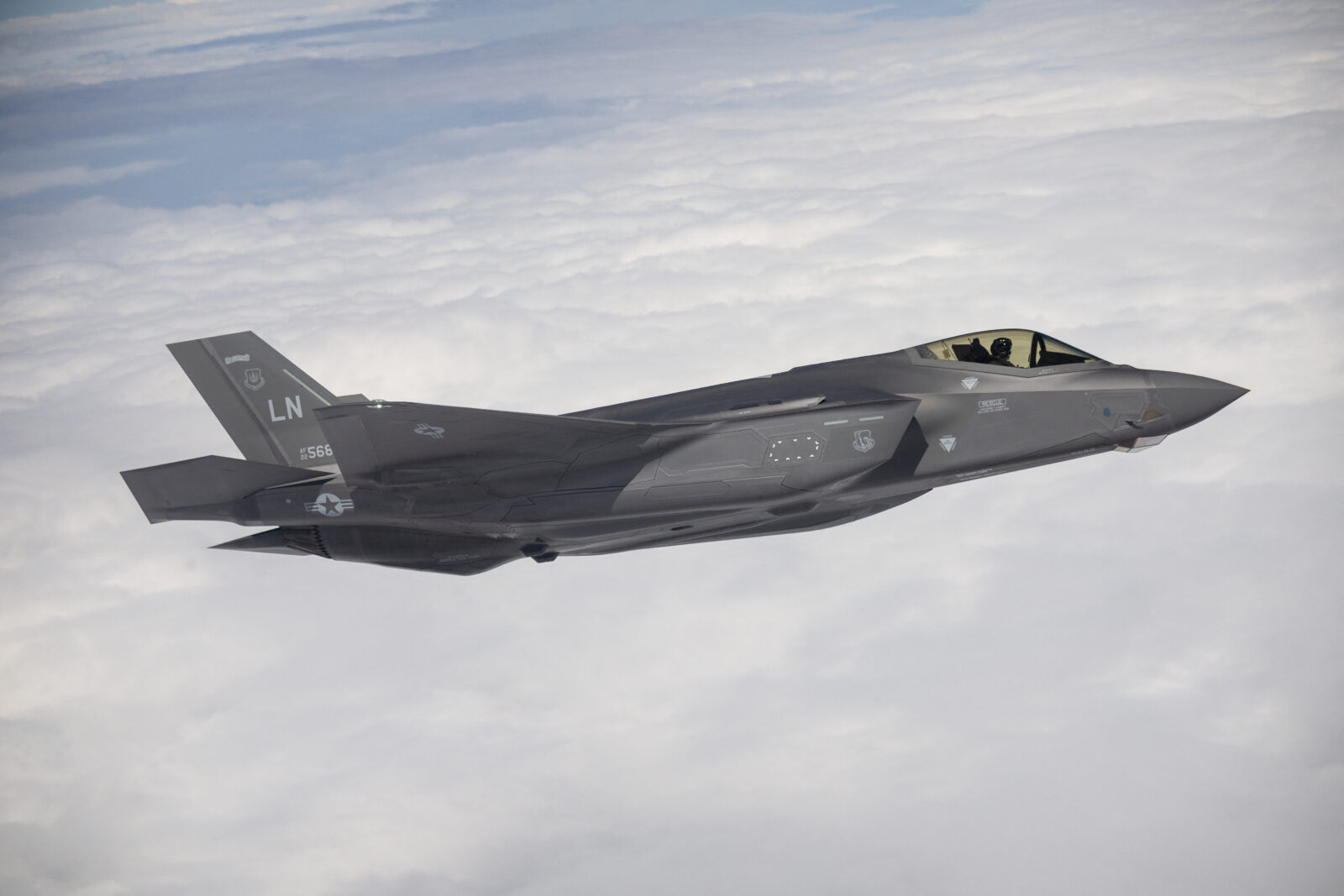
Trump administration’s role
Shortly after congratulating Trump on his electoral victory, Turkish President Recep Tayyip Erdogan renewed calls for the U.S. to lift CAATSA sanctions. Trump’s transition team has not publicly commented on Türkiye’s overtures, and official responses from Turkish defense and foreign ministries remain pending by Bloomberg.
Resolving the S-400 impasse could reignite defense cooperation between the two NATO allies, as both countries have expressed mutual interest in finding a diplomatic solution.
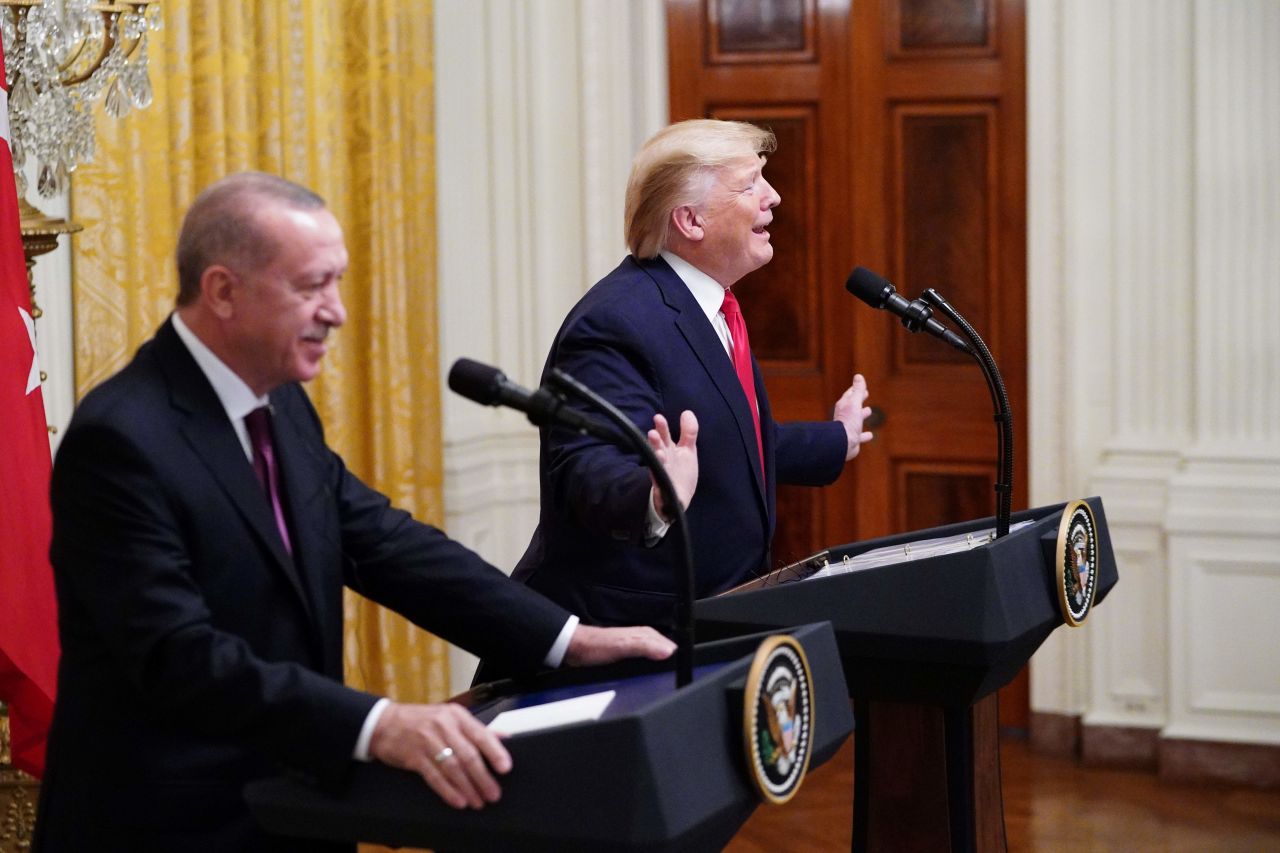
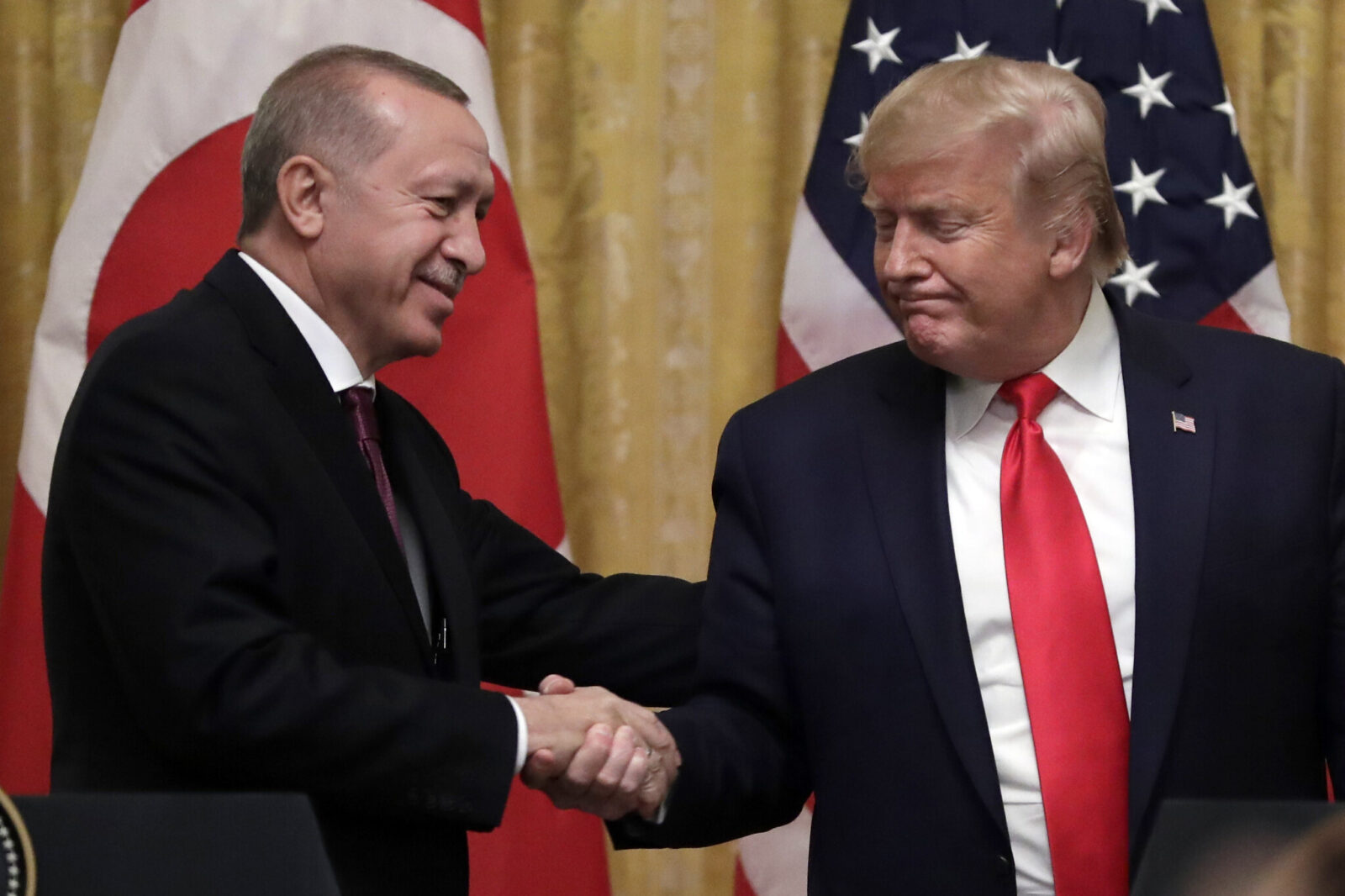
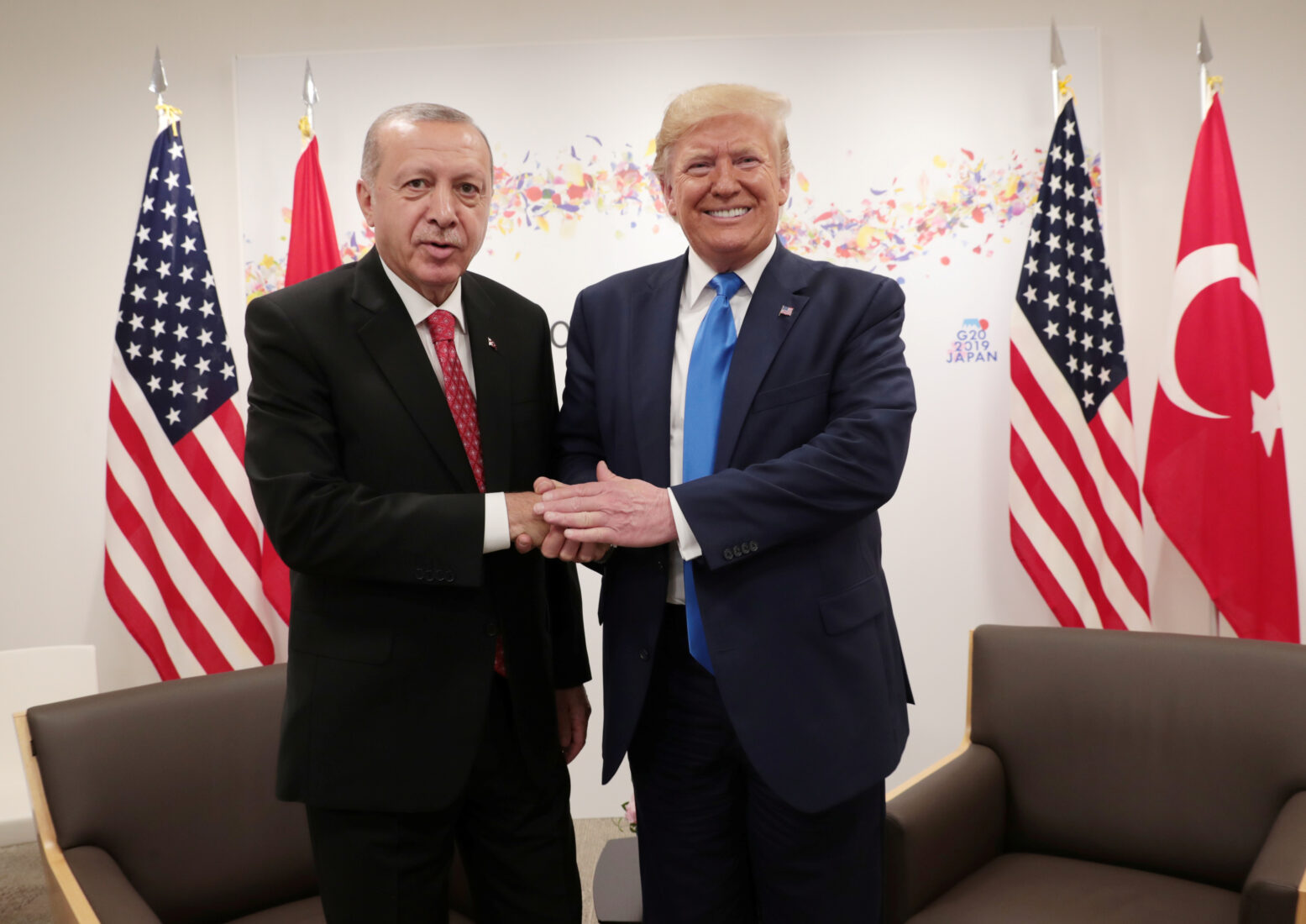
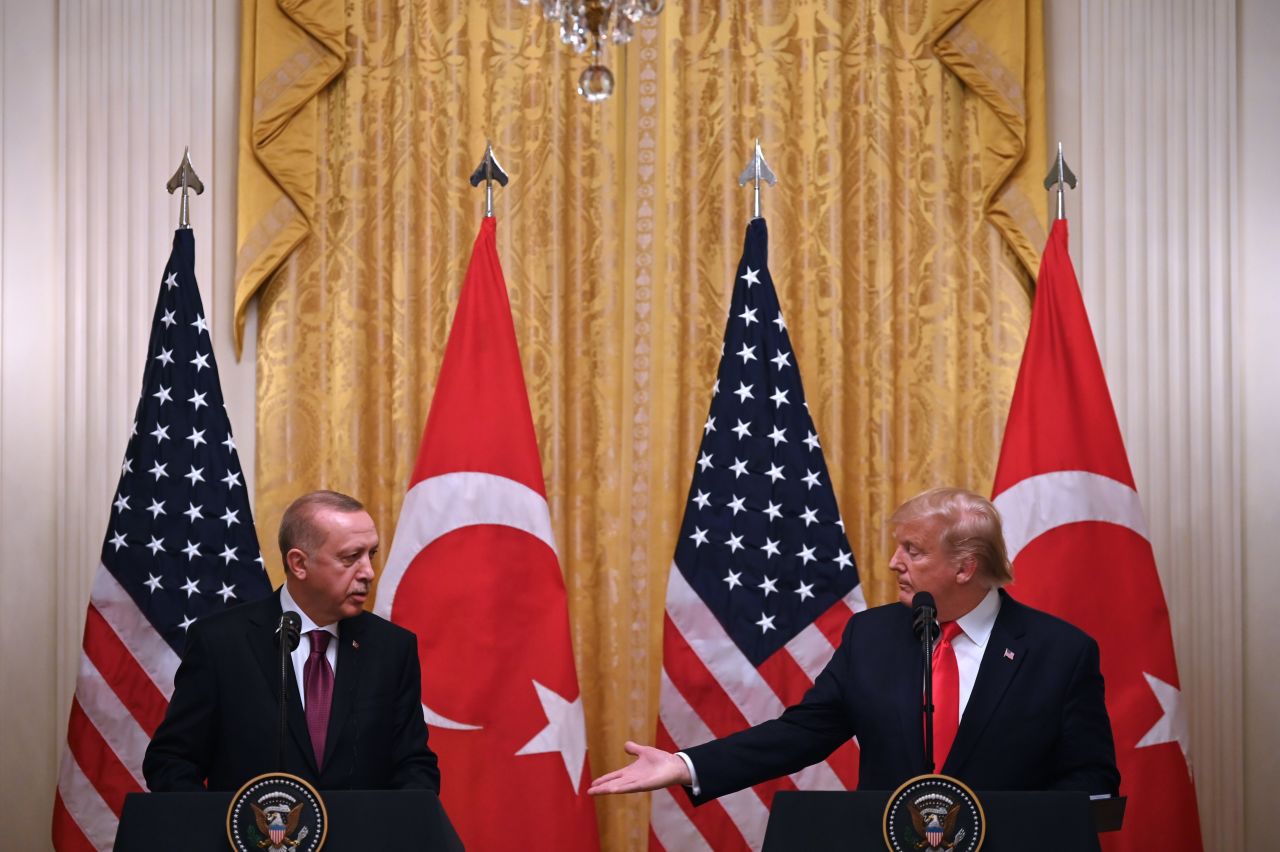
Türkiye’s contributions to F-35 program
Türkiye was an original partner in the F-35 program and had planned to purchase approximately 100 jets. It also invested $1.4 billion in the initiative, funds it now seeks to reclaim. Six F-35A jets originally designated for Türkiye are currently stored in the U.S.
Ankara recently reportedly finalized a deal to purchase 40 F-16 fighter jets and upgrade kits for its existing fleet, signaling progress in defense collaboration. However, Türkiye has scaled back its original plans due to unknown reasons.
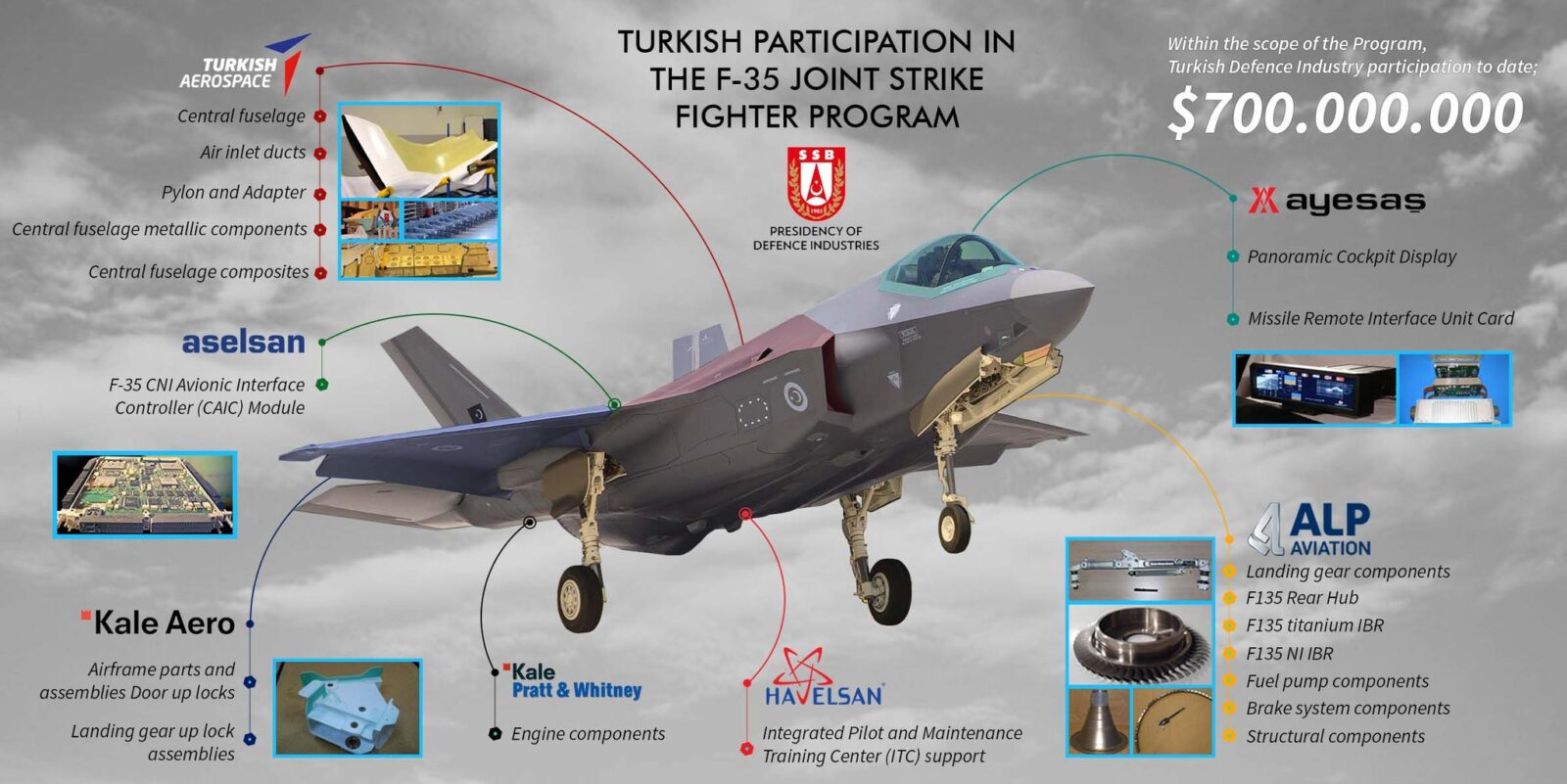
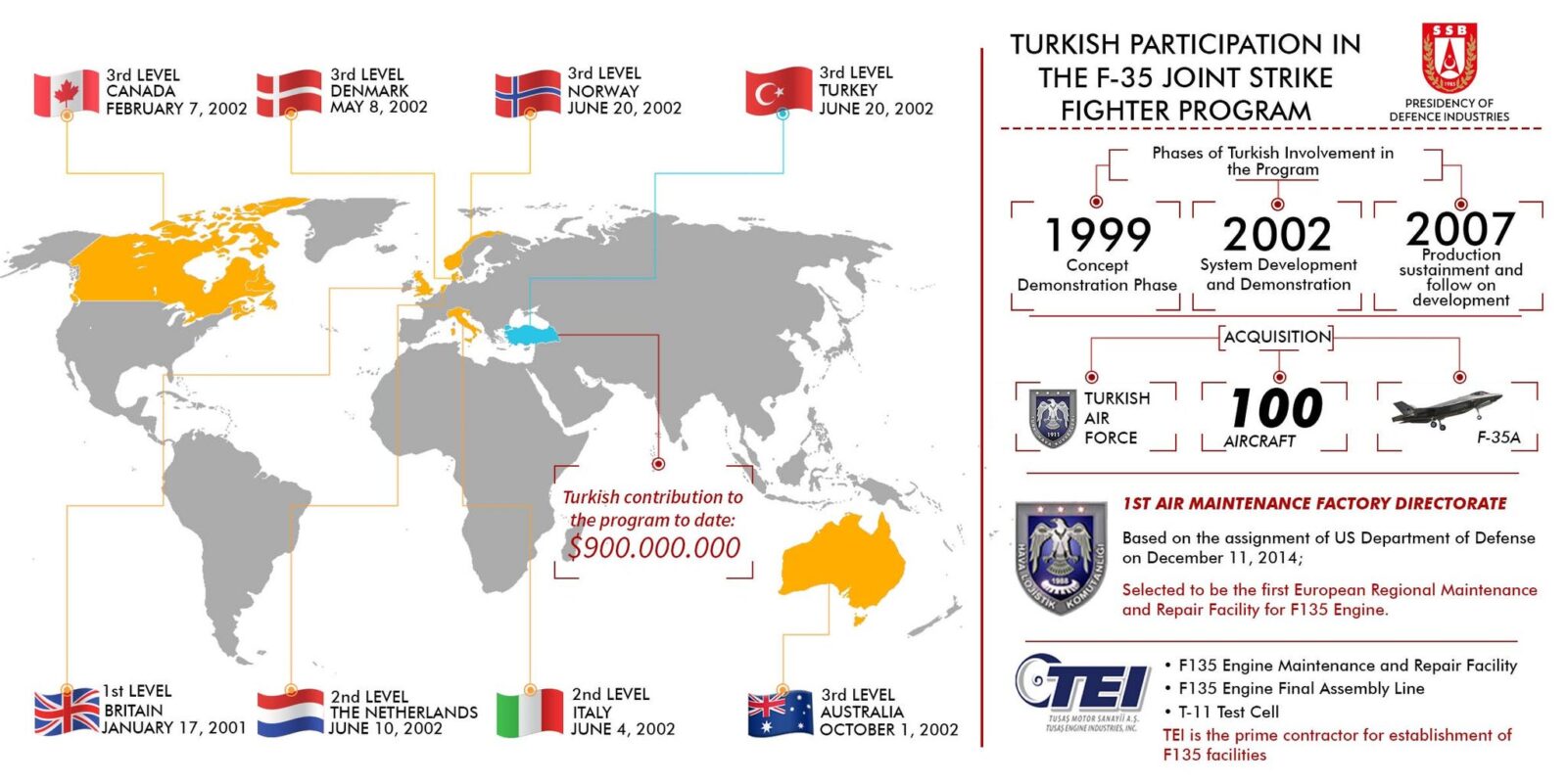
Broader implications of S-400 dispute
Türkiye’s acquisition of the S-400 systems in 2019 led to heightened tensions with NATO allies, particularly the U.S., which cited interoperability and security risks as key concerns. Ankara has since expressed willingness to negotiate limited usage of the Russian system to address these issues.
Strained relations with the U.S. have improved slightly in recent months, following Türkiye’s ratification of Sweden’s NATO membership bid and its support for Ukraine amid the ongoing conflict with Russia.
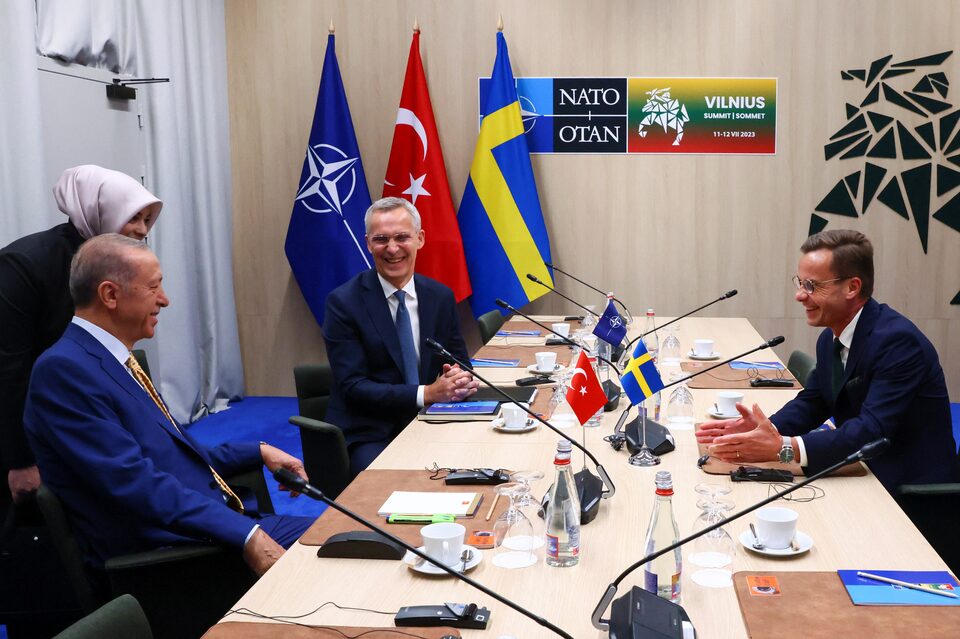
Addressing Türkiye-US disagreements in Syria
Türkiye has proposed assuming control of operations against Daesh in Syria and managing tens of thousands of Daesh detainees, provided the U.S. ceases support for the terrorist organization PKK/YPG and withdraws its troops.
While the U.S. has not yet responded to this proposal, Trump has previously advocated for reducing American military presence in Syria.

